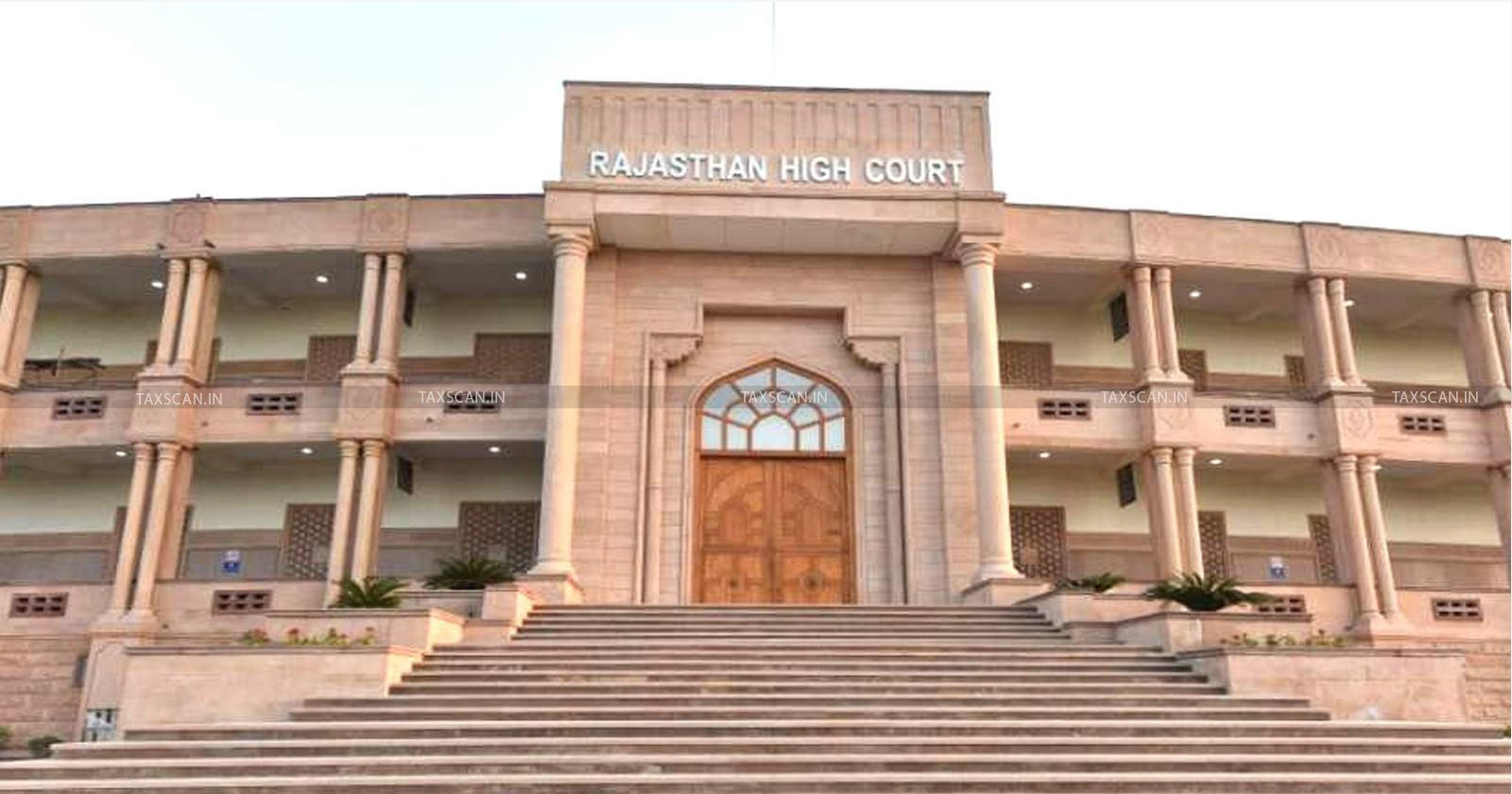No Longer Force Majeure! Madras HC quashes Notifications Extending Limitation u/s 168A of CGST Act [Read Order]
GST Implementation Committee's recommendation, which the Court ruled cannot substitute for the GST Council's constitutional authority
![No Longer Force Majeure! Madras HC quashes Notifications Extending Limitation u/s 168A of CGST Act [Read Order] No Longer Force Majeure! Madras HC quashes Notifications Extending Limitation u/s 168A of CGST Act [Read Order]](https://images.taxscan.in/h-upload/2025/07/11/2062685-force-majeure-madras-high-court-cgst-act-taxscan.webp)
In a landmark judgment, the Madras High Court has struck down Notification Nos. 9/2023 and 56/2023, which extended the time limits for passing orders under Section 73 of the Central Goods and Services Tax (CGST) Act, declaring them illegal and vitiated.
However, the Court upheld the benefit of the Hon’ble Supreme Court’s suo motu orders extending limitation periods during the COVID-19 pandemic, thus granting relief to tax authorities under the CGST Act.
The Court’s decision centers on the exclusion of the period from March 15, 2020, to February 28, 2022, when reckoning limitation under sub-sections (2) and (10) of Section 73 of the CGST Act. This exclusion arises from the Supreme Court’s order dated January 10, 2022, issued under Article 142 of the Constitution, which suspended limitation periods during the pandemic to mitigate hardship caused by COVID-19 restrictions.
 Also Read:Allahabad HC dismisses Petitions against Second Extension of Time Period for Show Cause Notice u/s 73 of GST Act [Read Order]
Also Read:Allahabad HC dismisses Petitions against Second Extension of Time Period for Show Cause Notice u/s 73 of GST Act [Read Order]
Authorities under the CGST Act shall benefit from excluding the pandemic period (March 15, 2020 to February 28, 2022) while calculating limitation periods for issuing recovery orders under Section 73, in line with the Supreme Court’s order.
Notification Nos. 9 and 56 of 2023 are held invalid for several reasons, including the fact that they curtail the limitation period which was otherwise available as per the Supreme Court’s Article 142 orders, contrary to the objective of Section 168A of the CGST Act.
They proceed on an erroneous assumption about the available limitation and misconstrue the Supreme Court’s order, rendering them arbitrary.
These notifications extinguish the vested rights of tax authorities by diminishing limitation periods. They were issued without adequately considering relevant materials, thereby vitiating the legislative exercise.
Notification No. 56/2023 was issued prior to any GST Council recommendation, violating statutory mandates. The notification was based on the GST Implementation Committee's recommendation, which the Court ruled cannot substitute for the GST Council's constitutional authority.
Additionally, the Court highlighted issues such as violation of principles of natural justice, lack of jurisdiction, and errors apparent on the record that need re-examination by assessing authorities.
 Also Read:Challenge on GST Notification Validity Regarding Limitation Extension u/s 168A of CGST Act: Rajasthan HC grants Time for Revenue Dept to Respond [Read Order]
Also Read:Challenge on GST Notification Validity Regarding Limitation Extension u/s 168A of CGST Act: Rajasthan HC grants Time for Revenue Dept to Respond [Read Order]
Given these factors, the Madras High Court has remanded all related matters back to the assessing authorities for fresh consideration and passing of orders afresh.
The COVID-19 related Supreme Court orders excluding limitation periods retain their effect notwithstanding the Notifications issued under Section 168A of the Central Goods and Services Tax Act. The Court emphasized that notifications extending time limits must not diminish the benefit of such exclusion.
The Single Bench of Justice Mohammed Shaffiq noted that it was submitted by the revenue that the expression "otherwise", employed in Section 168A of CGST Act, must be understood as taking within its fold any event which causes difficulty/inability thereby affecting implementation of the provisions of the Act, though not covered by the events of force majeure preceding the expression "otherwise" in the said Explanation.
On the other hand, it was the case of the petitioner that the expression "otherwise", in the Explanation to Section 168A of CGST Act, is used as an alternate to “nature” being the cause of force majeure. The expression “otherwise” would be controlled by preceding events defined as “force majeure” mentioned in the Explanation. The expression “otherwise” cannot be isolated from the remaining part of the Explanation.
It was noted that, “It does not have independent existence. It appears to me that there is merit in the submission of the petitioner inasmuch as on a reading of Explanation under Section 168A of the CGST Act as a whole, it appears that the expression “otherwise” is used as an alternate to the cause of force majeure i.e., force majeure may be caused by nature or force majeure caused otherwise than by nature. Even assuming “otherwise”, employed in Section 168A of CGST Act, qualifies any other calamity, by no conceivable process of reasoning it would cover self inflicted inefficiencies.”
This decision will significantly impact GST enforcement actions related to demand notices and tax recovery under Section 73, especially for assessments affected by pandemic-related delays
Support our journalism by subscribing to Taxscan premium. Follow us on Telegram for quick updates


